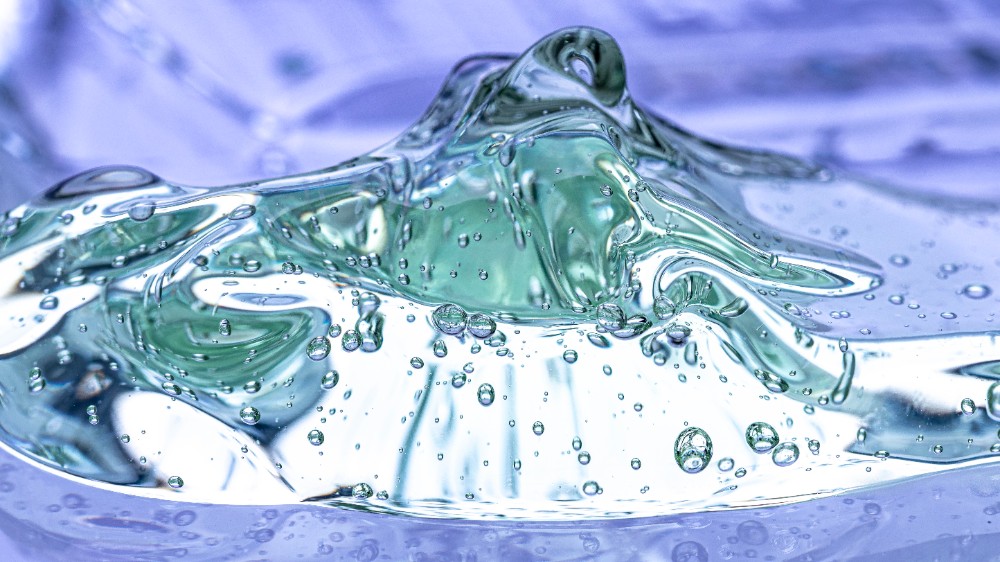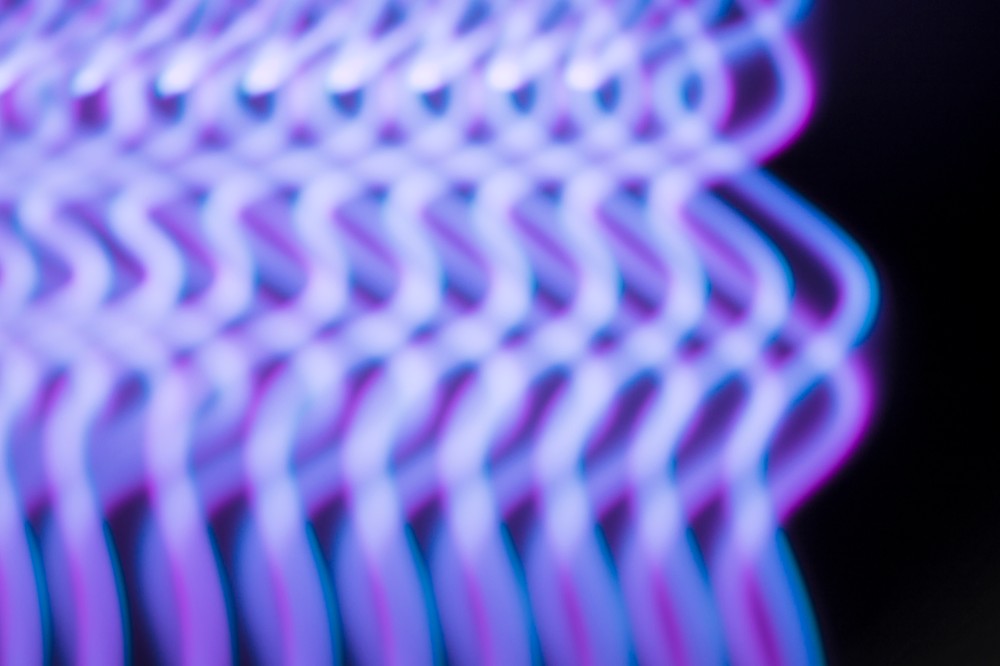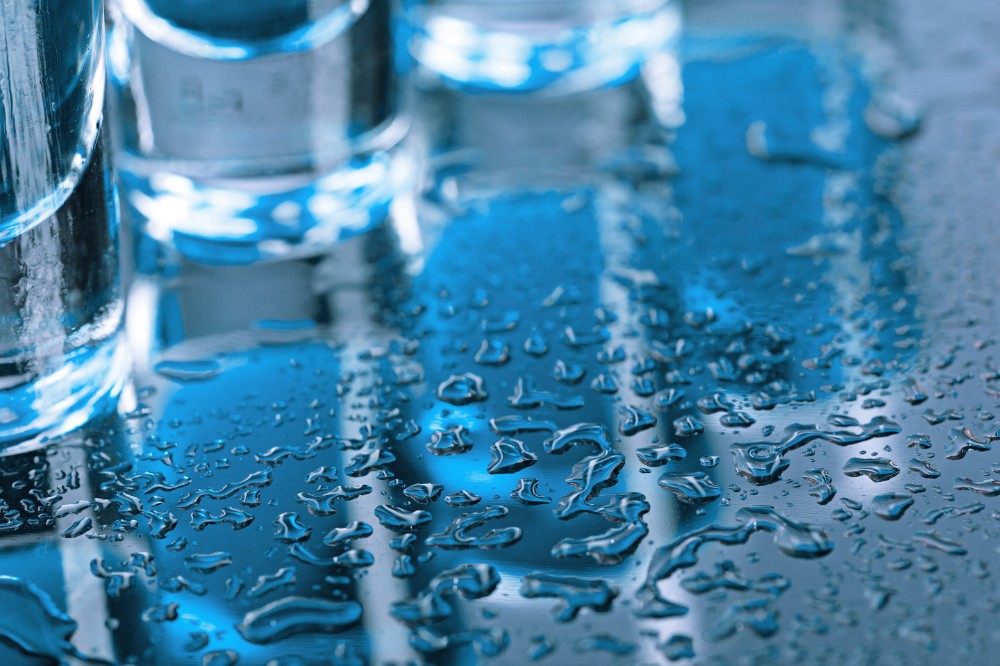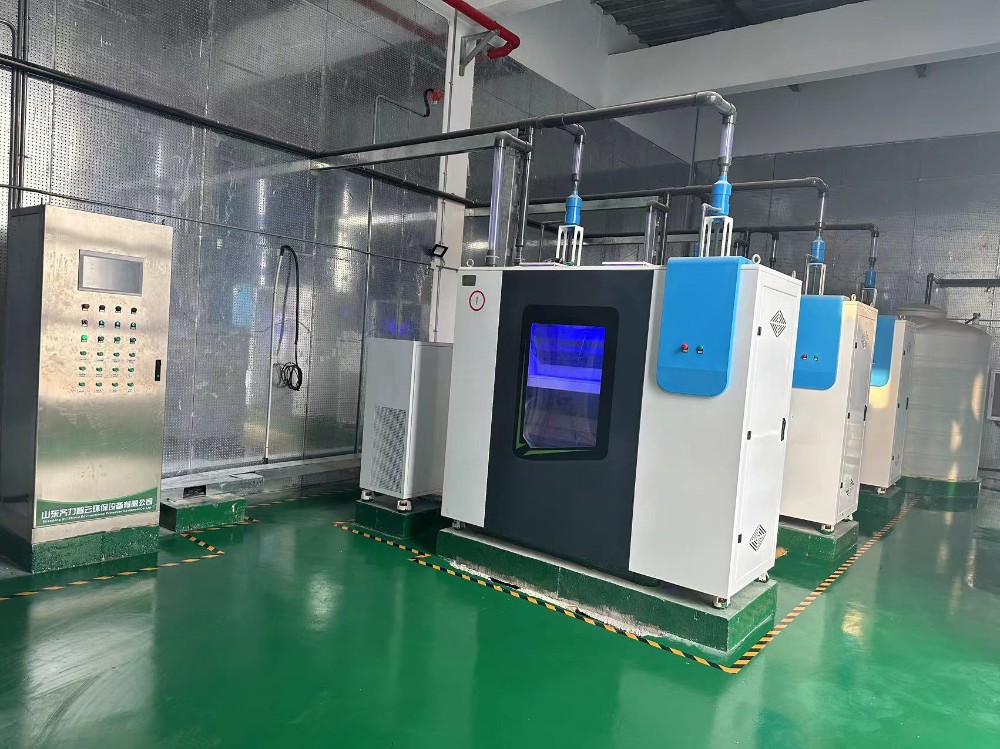Why UV Water Treatment Alone May Not Be Enough
Water is crucial for life, and guaranteeing that the water you drink is secure and tidy is important for your health and wellness. While UV water treatment systems are extremely reliable in eliminating microorganisms, they do have restrictions.
At Shandong Shine Health Co., Ltd., we recognize that combining various water treatment modern technologies ensures the best quality results. Let’s explore why UV water treatment, while reliable, may not be enough on its own. We’ll also discuss how you can enhance its effectiveness with additional filtration methods.
UV Water Treatment: Effective for Microorganisms
UV water treatment is a fast and chemical-free method for removing harmful microorganisms like microorganisms, viruses, and protozo. This innovation uses UV rays to penetrate viruses and disrupt their DNA. This prevents them from replicating and spreading disease.

What UV Water Treatment Can't Do
While UV systems are excellent at killing microorganisms, they do not eliminate other sorts of pollutants. This is where other filtration methods enter into play.
Heavy Metals
UV systems are inadequate in eliminating heavy metals like lead, mercury, and arsenic. To these materials, specialized filtration systems such as turned on carbon or reverse osmosis.
Salts
UV light is ineffective in removing salts from water, which may be bothersome in areas with elevated salinity levels. To tackle this issue, implementing a desalination system or making use of a reverse osmosis filter would be essential.
Chlorine and Chloramine
UV systems do not get rid of chlorine or chloramine, usual anti-bacterials made use of in local water materials. While UV does assist in neutralizing chlorine to some extent, it's not a dependable method for eliminating them completely. This is why activated carbon filters are commonly used together with UV systems.
Oil and Pharmaceutical Products
Chemical pollutants such as oil items or pharmaceutical deposits, including hormonal agents and anti-biotics, continue to be unaffected by UV light. These substances call for sophisticated filtering methods, like triggered carbon, to make certain full elimination from drinking water.

How to Improve UV Water Treatment
In order to boost the effectiveness of UV water treatment, it is important incorporate UV treatment with complementary filtration techniques.
Pre-Filters for Cloudy Water
Utilizing a pre-filter is suggested if your water is dirty or has impurities. By utilizing a pre-filter, you can boost water quality before it goes through the UV therapy, improving the UV light's ability to remove microbes. Pre-filters work at eliminating particles, sand, and bigger particles, which makes it possible for the UV system to operate optimally.
Post-UV Filtration
For optimum water quality, it is a good idea to supplement UV treatment with additional filtering techniques. Combining UV light with a chemical disinfection system, such as a sodium hypochlorite generator, can provide a much more extensive elimination of pollutants, providing a greater degree of water filtration.
As an example, On-Site Hypochlorite Generation Systems allow for the development of sodium hypochlorite as needed. This service can work in tandem with UV systems, providing a two-pronged method to water therapy: UV for microbial disinfection and sodium hypochlorite for chemical deactivation of additional impurities.

Power Considerations: UV Requires Power
One considerable variable to consider with UV water treatment systems is their reliance on electrical energy. While UV systems are effective when powered, they may not be suitable for emergency or off-grid situations. A power interruption can make your UV system inefficient, so it's vital to have an alternate remedy, such as chemical treatments or portable water filters, readily available in case of emergency.
UV Systems vs. Chemical Disinfection
UV sanitation provides fast, chemical-free therapy. Nonetheless, it doesn't provide the long-term disinfection that chemicals like chlorine or sodium hypochlorite deal. While UV light counteracts microorganisms right now of therapy, it doesn't leave an enduring recurring result in the water. On the other hand, chlorine and salt hypochlorite provide continued security against contamination for longer periods, making them useful enhancements for lasting water safety and security.

The Right System for Your Needs
When selecting a water therapy system, it's vital to take into consideration all the elements involved:
Impurity Type: What substances are you intending to eliminate from your water? While UV efficient versus microorganisms, added therapy systems are needed for chemicals heavy metals, and salts.
Water Clarity: To attend to murky or turbid water, making use of a pre-filter can boost the efficiency of UV systems.
Energy Availability: If you are living off the grid, it is recommended to consider systems that operate separately of electrical power or have a backup power source.
Long-Term Disinfection: UV systems do not leave residual anti-bacterials in the water, so it might be required to complement them with various other therapy techniques for lasting security.
Our Solution: Integration of UV with Sodium Hypochlorite Generation
Shandong Shine Health Co., Ltd. uses an all natural water therapy service that merges UV innovation with an On-Site Hypochlorite Generation System. This mixed system allows constant manufacturing of sodium hypochlorite, delivering an added safeguard against a wider range of impurities.
The Electrolytic Sodium Hypochlorite Generator is a safe and secure, effective, and green approach for creating disinfectant options at the place, eliminating the need for poisonous substances or outside sources.
In summary, UV water treatment systems are a reliable ways of sanitizing water, however they have certain constraints. To attain comprehensive water purification, it's beneficial to integrate UV modern technology with other purification approaches, such as salt hypochlorite generators or on-site hypoch microorganisms however additionally unsafe chemicals, heavy metals, and various other pollutants.
We aim to supply our consumers the most reliable therapy options by meticulously considering the abilities and constraints of each innovation.

Others:
Sodium Hypochlorite vs Hypochlorous Acid
